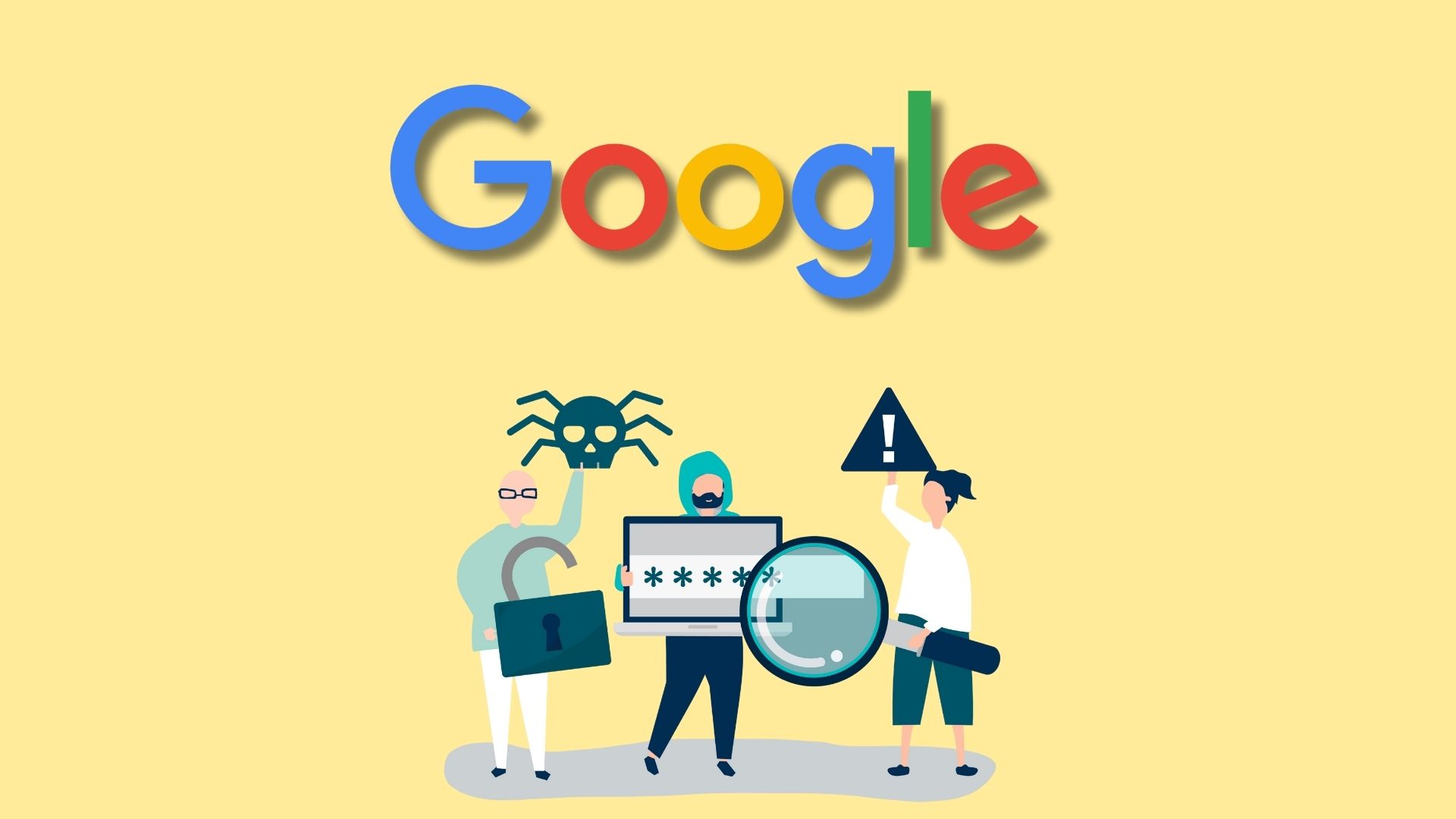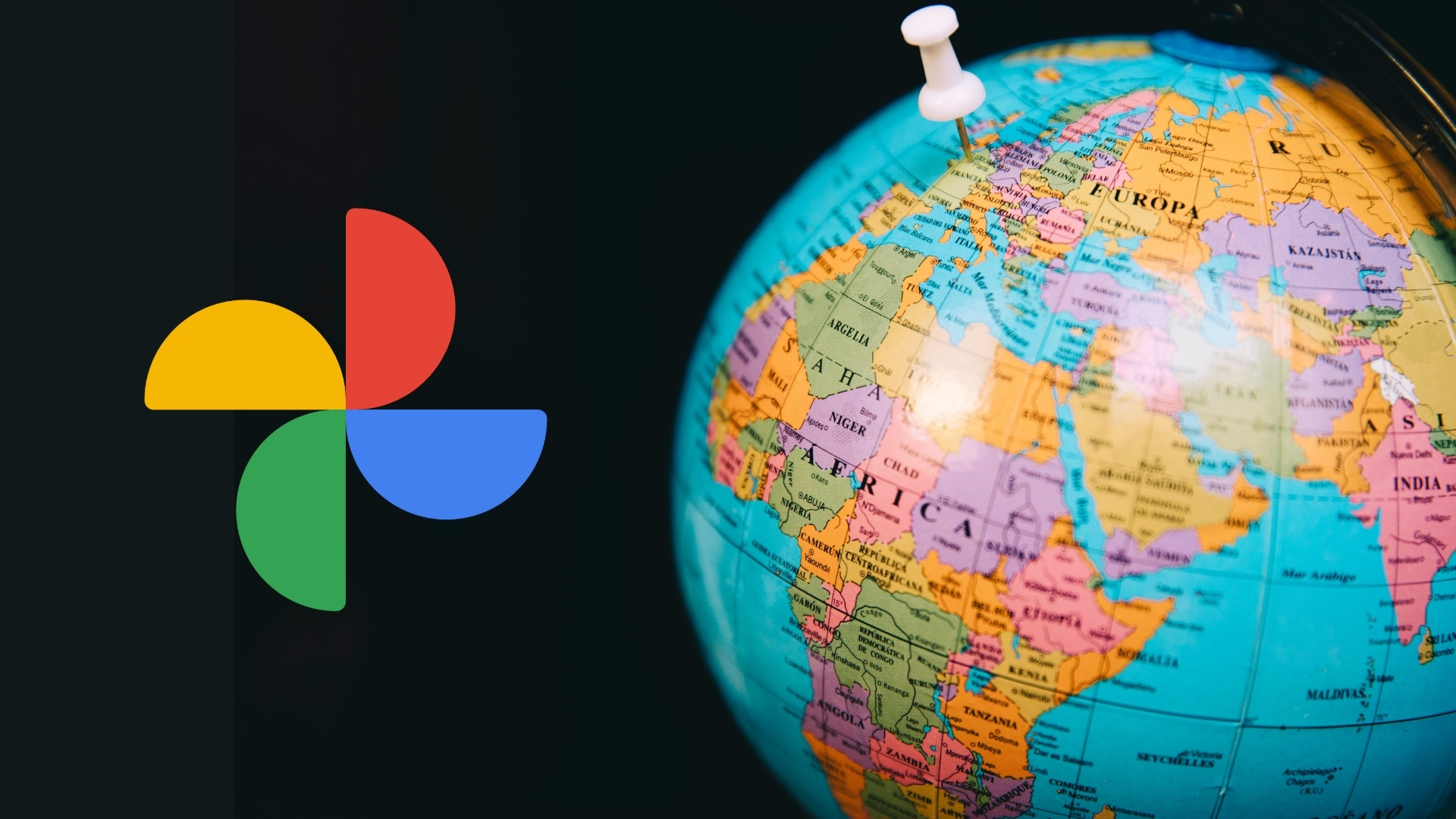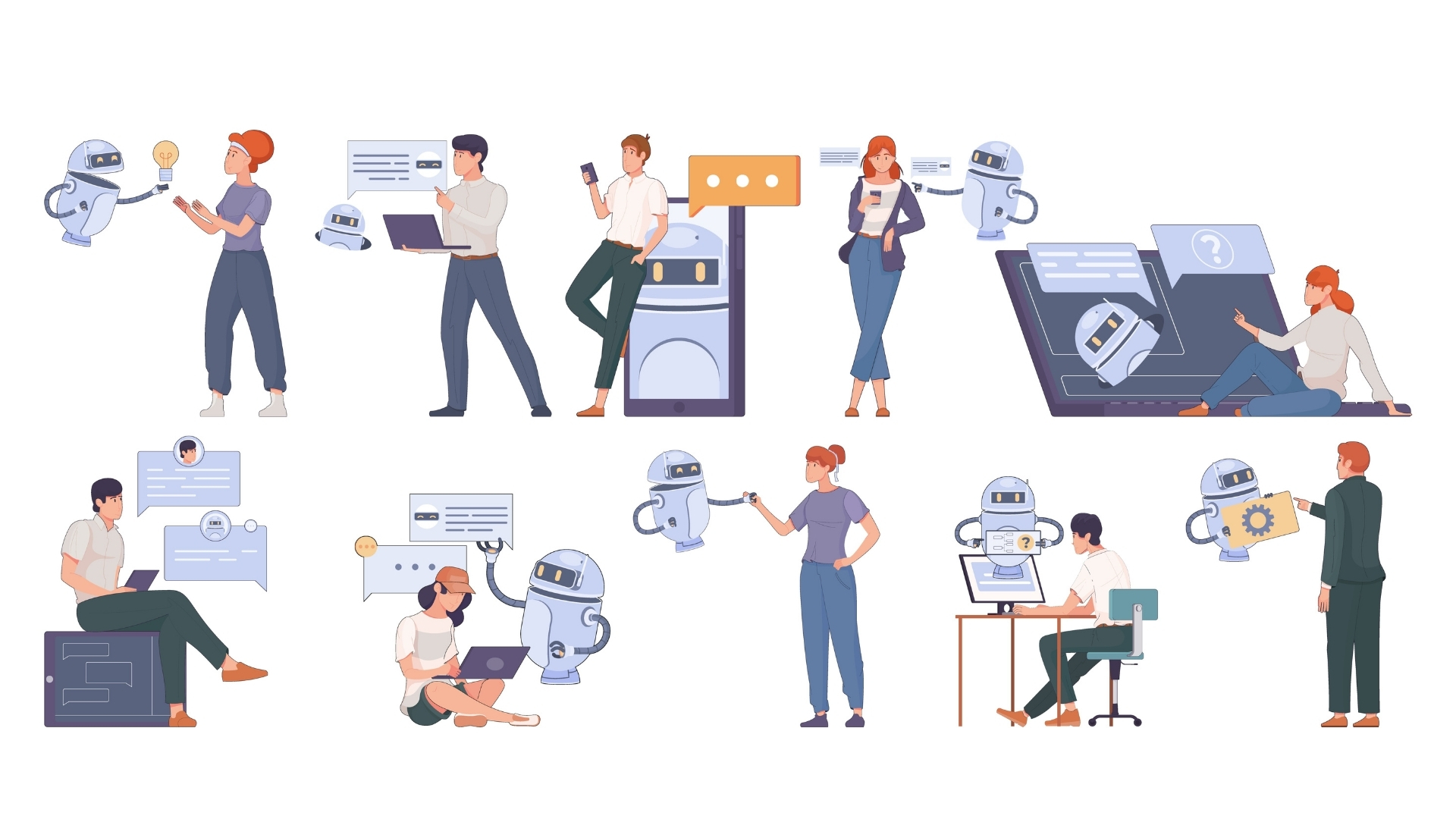Scientists have successfully tracked a tsunami in real time using ripples in Earth’s atmosphere for the first time.
The breakthrough came after a powerful 8.8 magnitude earthquake struck off Russia’s Kamchatka Peninsula in July 2025, sending waves racing across the Pacific and triggering NASA’s newly upgraded Guardian monitoring system.
Guardian uses AI to detect disruptions in satellite navigation signals caused by atmospheric ripples above the ocean.
These signals revealed the formation and movement of tsunami waves, allowing alerts to be issued up to 40 minutes before they reached Hawaii, potentially giving communities vital time to respond.
Researchers say the innovation could transform global disaster monitoring by enabling earlier warnings for tsunamis, volcanic eruptions, and even nuclear tests.
Although the system is still in development, scientists in Europe are working on similar models that could expand coverage and provide life-saving alerts to remote coastal regions.
Would you like to learn more about AI, tech and digital diplomacy? If so, ask our Diplo chatbot!









